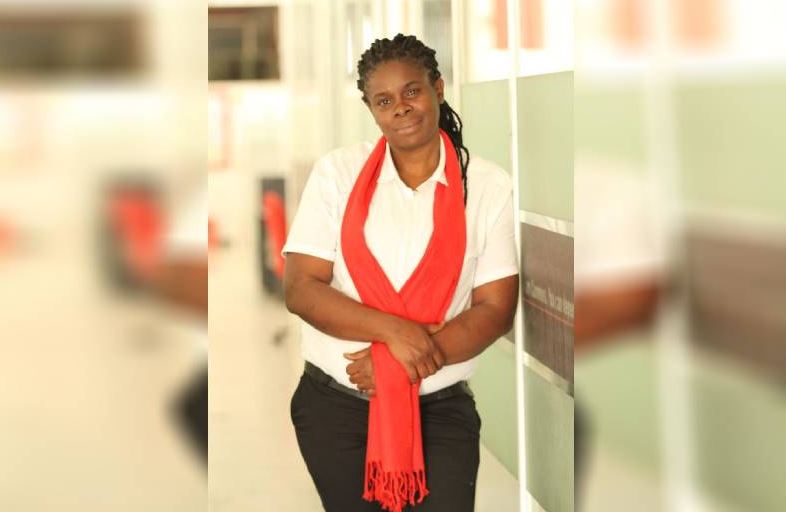
She spoke to ‘Achieving Woman’ about juggling between her jobs.
************************
My daily routine usually varies, and my waking time normally depends on my schedule. I work as a high horsepower and upstream influencing manager at Cummins Car and General.
This entails designing generators and fuel solutions and optimization of power with regards to load, among others.
If I am not out on site, I’m meeting with clients who need design solutions. Some days are longer than others but if I am not on a tight schedule, and because I am not a morning person, I will wake up at 9 am or 10 am.
My life outside work revolves around rugby so in the evenings, I coach rugby. On days leading up to tournaments, I coach for four sessions a week.
I started playing rugby around 2006 when the then Kenya Rugby Football Union decided to form a women’s team. I saw fliers when I was in college and out of curiosity decided to try them out.
I came to love it because it combines many aspects of sports, and these include speed and strength. I’ve been a coach since 2014 and I love that it is about positively impacting the community and bringing up the next generation of female rugby players. I come from a family of teachers and we derive joy in building up people.
I never thought I could make a great coach because I was an average to below-average player. But I have produced some of the best players in the country.
Currently, four of my players are in the national rugby team gearing for the Olympics. One time my friends and I who have both played and coached were discussing the qualities that make a good coach.
The debate revolved around whether, like leadership, you are born with it or you can be trained. But I think it is a combination of the desire to want to excel through your players, being able to understand your players and appreciating their backgrounds, and giving them a reason why they should do what they do, motivating them to grow and better themselves.
My leadership style is dynamic. First, clear communication is key. For my players, I give them clear expectations and I check that they have understood what I expect from them.
At work, I need to understand what clients want so I can guide them adequately. Also, I seek to understand before I’m understood. I don’t go around with a whip telling my players my word is final.
I listen to their challenges if I need something from them and we find middle ground, and after we have come to an agreement, we put it on paper. One time some coaches from other clubs found us having a class session reviewing a game and they were perplexed that we were writing.
I explained to them that before anything is executed in the field, my players need to understand what it is they are executing; their minds need to appreciate it so that by the time they are in the field, it is easier for them because they have analysed and understood concepts that they need to apply.
During my early days as a player my coach at the time told me that there are no mistakes and failures in life, just learning curves. Thinking about it that way removes the negative connotations.
I am who I am today because of those learning curves. But the other consistent advice I always repeat to my players is they need to believe in themselves. Some had children early and so didn’t finish school. I tell them it doesn’t matter. Go back for adult schooling if that’s what it takes.
Some of them, for reasons out of their control, could not go to college. I tell them to figure out what their strengths are and find ways to make those strengths work for them.
Sometimes we do self-reflection exercises because a crucial part of figuring out what you’re good at is being honest about your abilities. You may not have what the next person has, but there’s something that makes you you. So, how can you become a better you and how can you work with those strengths?
I have won and lost games both as a player and a coach, and my philosophy around wins and losses is you have to be humble when you win. Of course, you should celebrate. You have won, after all. But you have to be humble when you’re at the top, and when you lose, do it graciously.
Self-care to me means taking care of my mind, body and spirit, all the aspects that make us human. This includes eating nutritious meals and exercising. It also means taking care of those around you.
In my case, my players are very close to me. If I am in a good state, I am able to help them be in a good state as well.
When I am not at work or coaching, I am spending time with my niece and nephews. I also love to read and watch documentaries.
source http://nairobiwire.com/2021/06/meet-impala-ladies-rugby-head-coach-mary-irene-ochieng.html
No comments:
Post a Comment